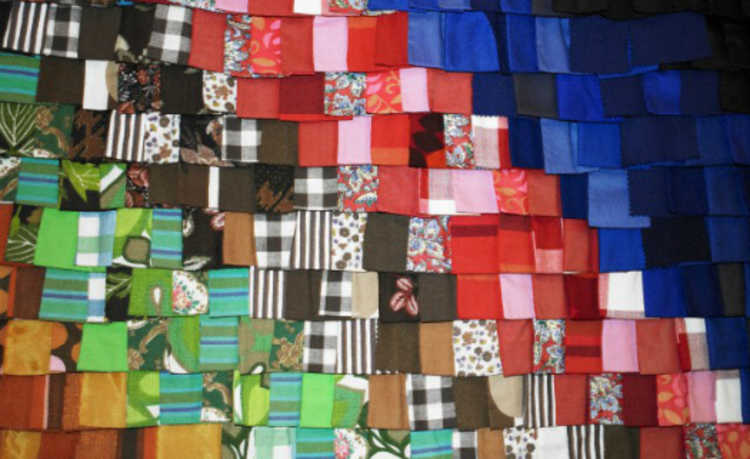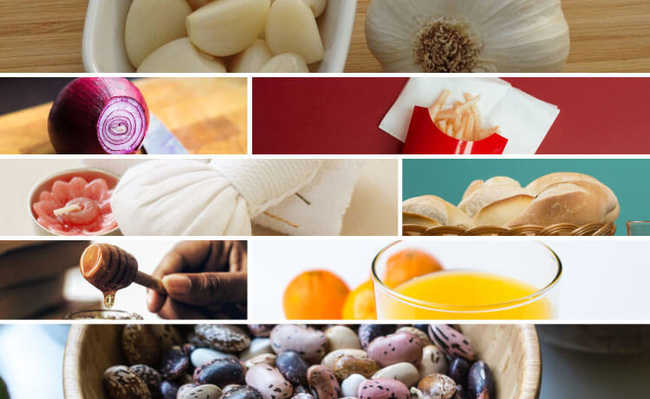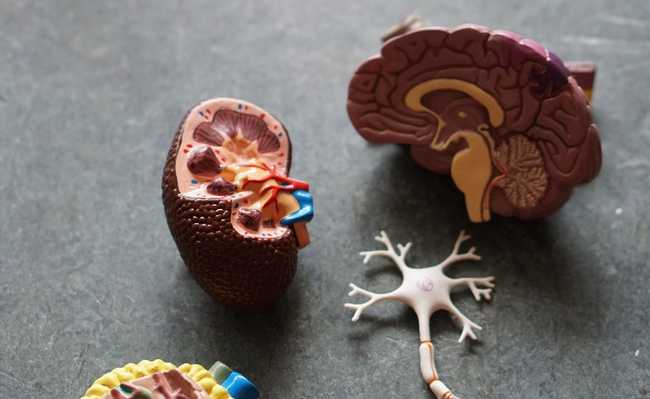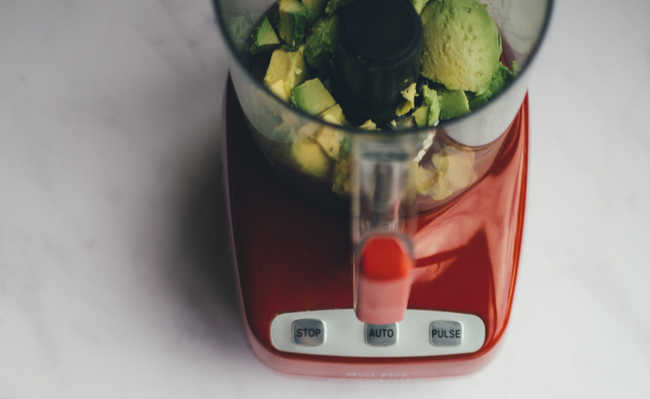How to make homemade detergent
Learn how to make liquid household detergent to replace ordinary soap

How to make homemade detergent? This is a frequent question because detergent is one of the most consumed cleaning products in our daily lives. But what many people don't know is that the chemical agents in its composition, some of them petroleum derivatives, can be harmful to the environment, especially when dumped into sewage networks that do not have the proper treatment.
But there is a way to avoid the use of industrialized detergent and obtain a great cleaning effect: just make your own homemade detergent! Check it out, in the video above, from the Portal eCycle on YouTube, how to produce it. If you like it, subscribe to the channel. Below, check out the information in the video and understand how the ingredients in the formula can be effective.
How to make homemade detergent
Ingredients
- 1 tablet of soap made with used cooking oil (200 g) - alternatively it is also possible to use coconut soap, but the results will not be as satisfactory;
- 3 tablespoons of baking soda (42 g);
- 3 liters of water;
- hydrated ethyl alcohol (50 ml);
- essential oil of your choice (10 ml).
Materials
- 1 large pot;
- 1 grater;
- Containers for storage.
Method of preparation
Grate the 200 grams of soap. Then heat the three liters of water in the pan and add the zest. When they dissolve, add, in the following order, the 50ml of alcohol, the three tablespoons of baking soda and the 10ml of essential oil (you can make your own essence). Mix well for five minutes, letting it sit for an hour. Take clean containers, preferably with a measuring lid (like the one in the video), and divide the soap between them.
Ready! Your homemade detergent is done! Now you can wash your dishes with less impact on the environment.
Compared to common detergent, the homemade model is much less homogenized, that is, there is a more liquid part and a more viscous part inside the container. But rest assured, this doesn't mean that it "went wrong" or that it won't be able to clean up. Just shake the bottle before using it.
cleansing power
And why does the mixture of the aforementioned ingredients manage to become a good household cleaning detergent? Stone soap has the property of breaking down fat molecules and sodium bicarbonate can adsorb odors, causing the molecules responsible for the aromas to be retained on the surfaces of the bicarbonate grains. These grains are also abrasive, providing friction and consequent cleaning action to remove dirt - cleaning is mechanical and replaces chemical cleaning of industrial detergent, produced mainly from sulfonic acid salts (that is, using sulfur derivatives for this purpose, being these more aggressive). Therefore, using homemade detergent, it is necessary that you scrub more dirty utensils so that they are properly cleaned.
the water issue
The efficiency of any detergent (home or industrial) also depends on the chemical nature of the water, which can vary in the composition of its minerals. There are regions where the water has an excess of magnesium and calcium (also called hard water), which makes the cleaning action of common detergent difficult. That's why the industry adds sequestrants to this formula, which remove these excess minerals and allow the detergent to act on the fat. Thus, household detergent can be less efficient in some cases, depending on the characteristics of the water used in washing dishes.
As with any cleaning product, keep detergent out of reach of children. After performing the procedure, tell in the comments how your experience of making the homemade detergent is being!









